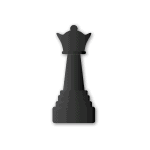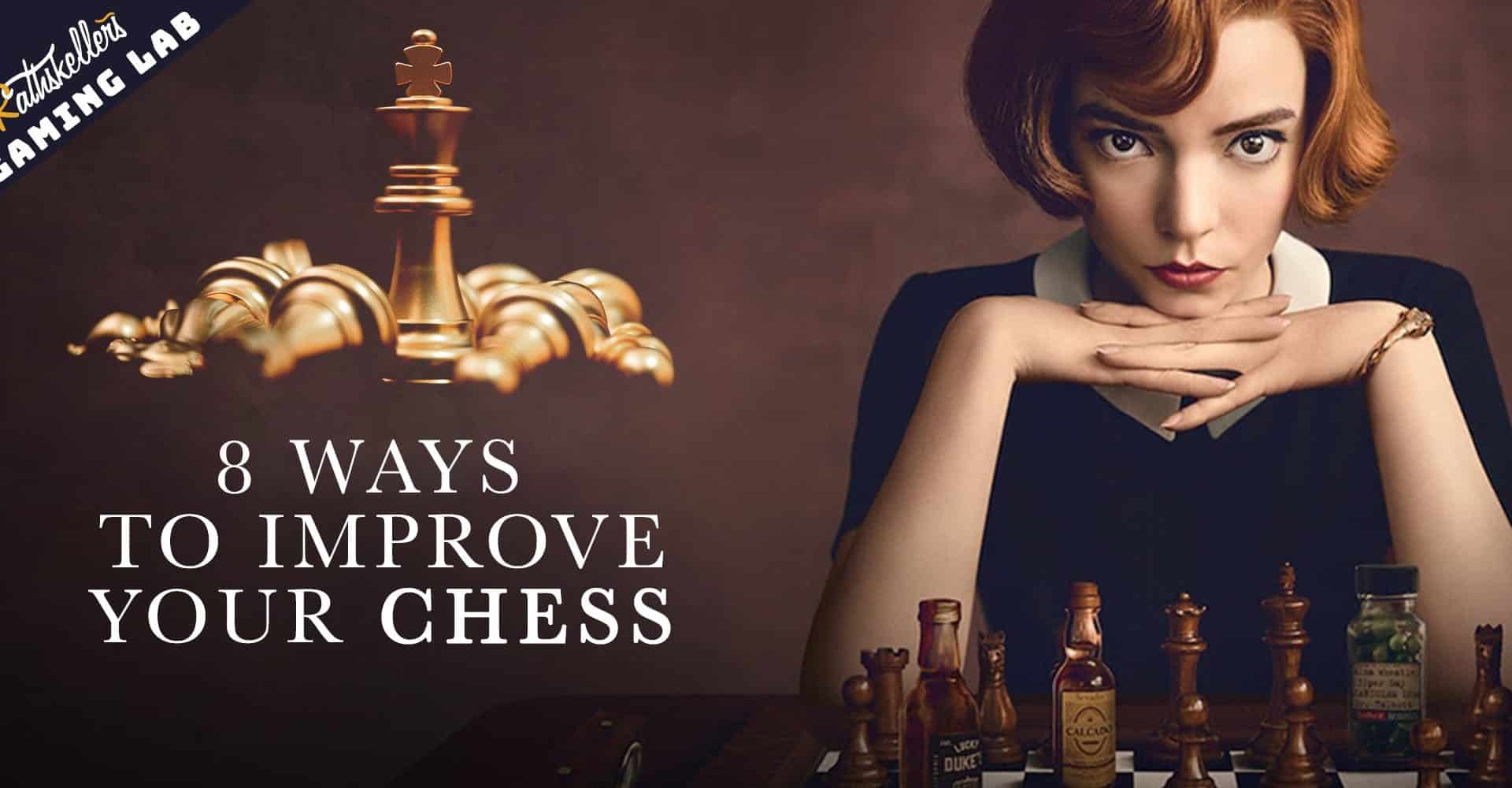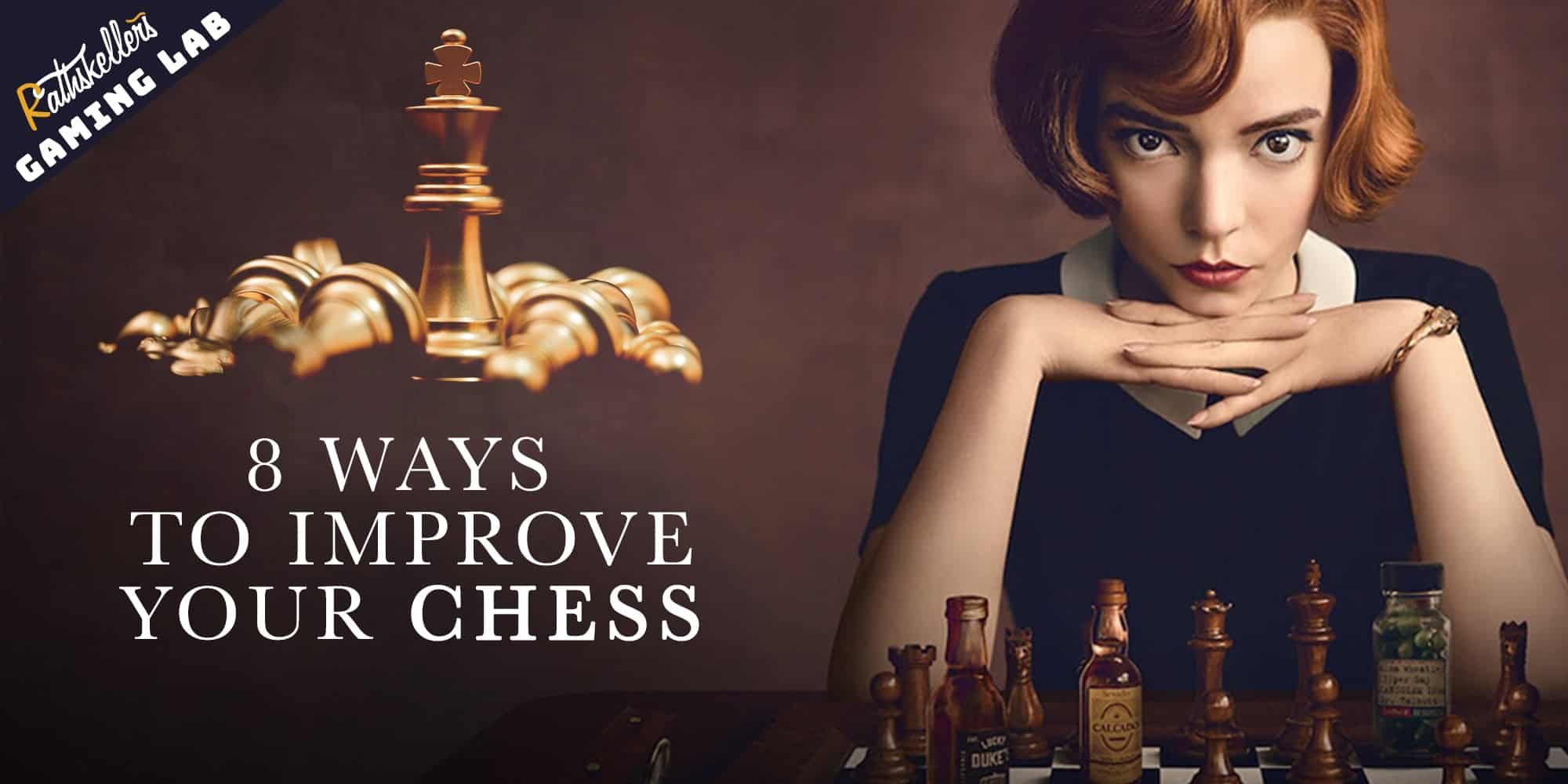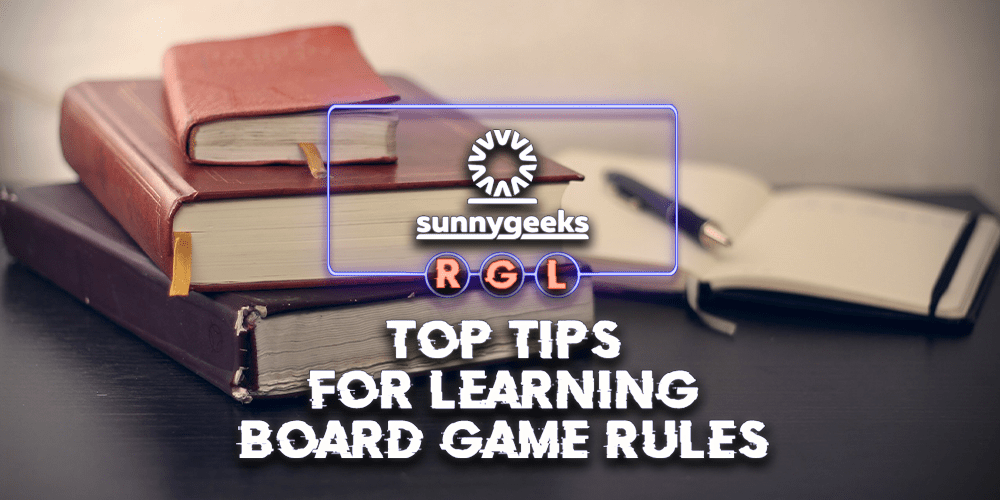Whether you’re a long-term patzer, relative novice, or plan on dipping your toe into the world of chess after watching Queen’s Gambit; getting better can be tough.
Playing on site like Lichess and Chess.com can be a great way to get a game at a moment’s notice. But receiving hammering after hammering can be demoralizing even lead to you putting the board down for good.
Thankfully, here are a few simple tips that can get any neophyte up to speed fast and start you on the road to chess excellence. Starting with-
8. Protect your Neck
In another example of The Simpsons doing it first, one of the most fundamental skills to pick up is avoiding blunders – specifically ones that leave pieces ‘hanging’ or unprotected by other pieces. Every time you make a move on the board, your pieces should work to ‘protect’ each other, meaning that – if your opponent decides to take a piece – you can swiftly recapture and even the score. However, if you are considering enacting vengeance on your rival, it is essential that you

7. Understand your value
When it comes to putting away your opponents, it’s essential to realize that every piece on the board is expendable…but each one has a price. Whittling away your opponent’s material (their pieces) can help deliver a checkmate but some are more valuable than others – with pawns rated as 1, Knights and Bishops are worth 3 (with Bishops generally considered more useful), Rooks valued as 5, and Queens at 9, and Kings worth infinite value. When it comes to taking or trading pieces, be sure to avoid trades that leave you with a bum exchange or put you in a position that drops the ‘relative value’ of your pieces. After all, while a Rook may be worth 5 points, having it shunted into the corner with limited ability to impact the game can temporarily drop their value.

6. Control the Centre
One of the key fundamentals for the game is the control of the board’s four centre squares. Openings such as the Ruy Lopez push to control the centre while still protecting your pieces (see No. 8 previously), letting you seize initial control of the board and develop your pieces safely. Almost all the conflict and jostling in a game will revolve around the centre of the board and taking it early, knowing when to cede ground, or trick your opponent into paying a heavy price for it can be helpful skills to develop

5. Start from the End
Chess is incalculably complex and, when it comes to initial mastery, starting with your Endgame and working backwards can help you grasp concepts with ease. A great starting book for many players is Capablanca’s ‘Chess Fundamentals’ that begins with mating techniques with only a rook and a king in play. Once you’ve clocked a few simple mates, you can bring more pieces into play and add variables to help test your skill and improve your knowledge. This can easily be tested using online engines or playing using apps on your phone, letting you train throughout the day with minimal effort.

4. Embrace the Grind
While anyone can learn the basics of chess in a few minutes, getting to a place of competence requires a great deal of mental effort. And like any skill, taking time away from practice can leave you feeling rusty with startling speed. Making puzzles a part of your everyday routine can improve your sense of confidence with the board and develop your familiarity and level of understanding that can help you steer your way out of tight spots. Many apps and digital platforms offer a range of ‘Mate in 1’ puzzles, letting you move to higher complexities as you become more confident. Trying these can help build your focus, raise the overall quality of your game, and give you an excuse to be left alone for twenty minutes.

3. Know what the ^$%£ you’re doing
If there is any game where you’re not going to get away with winging your plays, Chess is it. While any game is a mix of tactics (short term plays) and strategy (game long decision-making) have an overall plan for your game will immeasurably improve your play. At a minimum, this should involve three goals when starting any game. The first it to develop your pieces, placing them in areas that allow them to influence play and give each piece a ‘job’. The second is to aim to control or impact the centre as mentioned earlier, a decision that can make things more difficult for your opponent and give you more options for play. The third goal is to successfully castle your king, socketing them into the side of the board out of harms way. Once these are completed, you’re in an infinitely better place to take the fight to your opponent.

2. Develop your Spidey-Sense
The same thing separates novices from masters as learner drivers and rally experts – instinct and experience. While chess has an untold number of variations that can play out over a game’s 40+ moves, the same combination can be thrown up from time to time. Being able to respond as well to ‘new’ boards as well as old patterns is a key skill for every player to cultivate, and it comes from experience and effort. Knowing if a position is ‘unsafe’ can quickly become second nature and allow you to reduce your thinking time, eliminate risk, and help you reach the endgame with the material you need. So, just like a learner driver, you’ve got to hit the road and practice, practice, and practice.

1. Play to the End
No matter what happens, whatever you do – do not give up. While many games can close out with your structure destroyed, down in time, or lacking material, always try to play out the final combination. At worst, this will help you gain valuable experience and deepen your understanding of the game (and where you potentially went wrong). Or it can even lead to you capitalizing on errors, spotting a great move, or just refusing to go down without your teeth (metaphorically) sunk into your opponent’s neck. Stick it out, power through, make them work for their win.






My son loves to play chess. I would love to get him private lessons to help him improve. I loved the tip about understanding your value when starting a game.
Indeed, it’s a nice “rule of thumb” to help you out during the game and with certain move choices!
My aunt has been thinking about learning how to play chess in order to be safer. She would really like to get some help from a professional in order to make them a lot better. It was interesting to learn about how she should grind work, and just play a lot of games.